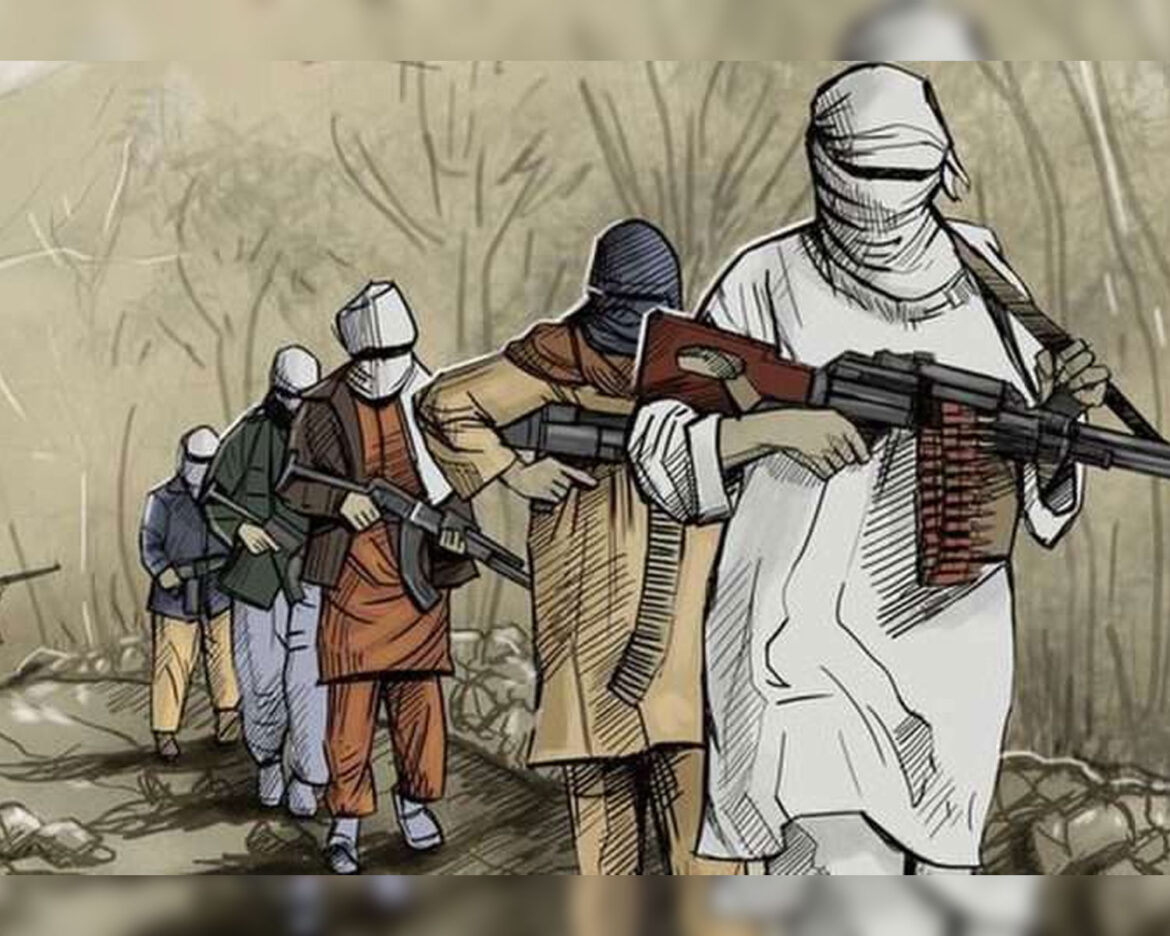LALPURA, Afghanistan – In a significant blow to the Tehreek-e-Taliban Pakistan (TTP) and its Jamaatul Ahrar faction, Dost Muhammad, known by the alias Asad Afridi, a prominent commander, was reported dead following an airstrike in the Lalpura region of Afghanistan. The news of his demise surfaced on Thursday, sending shockwaves through the militant landscape.
Afridi’s prominence within the TTP’s ranks was underscored by his previous role as the shadow governor of the Dera Ismail Khan District in Khyber Pakhtunkhwa, Pakistan. His influence extended beyond his district, as he had emerged as a key figure within the TTP’s Jamaatul Ahrar faction, which had splintered from the main TTP group.
Attributed to Afridi were several high-profile attacks, including last month’s assault on a Pakistani military garrison situated in the Zhob district of Balochistan. What added intrigue to this incident was Afridi’s assertion of responsibility for the attack, a claim at odds with the TTP’s official position, which disavowed involvement.
In a twist that unveiled underlying tensions, Afridi alleged that the Tehreek-e-Jihad Pakistan (TJP), a group the TTP had linked to the Zhob garrison attack, was a mere façade concealing the TTP’s direct involvement. His claim raised questions about the purported independence of TJP and its supposed role in the attack.
Afridi’s vocal dissent extended beyond the battlefield. He openly criticized the TTP’s central shura, or leadership council, for his dismissal as the shadow governor of the DI Khan District. This internal discord was emblematic of the growing rift between the TTP and its Jamaatul Ahrar faction, culminating in his removal from a position of significant influence.
The schism between the TTP and Jamaatul Ahrar had its genesis in the aftermath of the Zhob attack, with the two groups diverging in their interpretations and responses. Afridi’s demise now leaves a void within the faction and potentially reconfigures the balance of power within the TTP and its associated factions.
The TTP, along with its Jamaatul Ahrar offshoot, remains proscribed as militant organizations within Pakistan. Afridi’s death reverberates as a testament to the complex dynamics within these groups and their broader impact on the regional security landscape.
The circumstances surrounding Afridi’s death continue to be investigated, with both Afghan and Pakistani authorities collaborating to gather more information. As the situation develops, the ramifications of his absence are expected to unfold across the TTP’s intricate network of alliances and rivalries.



